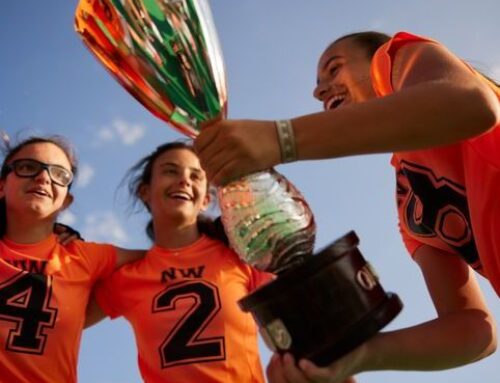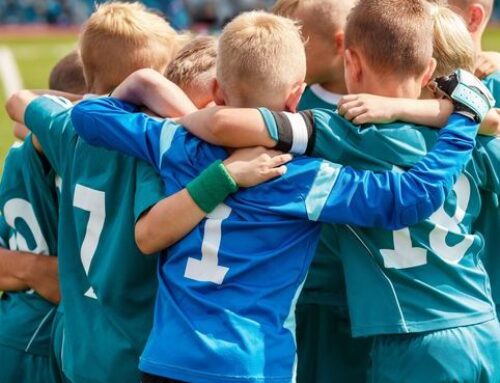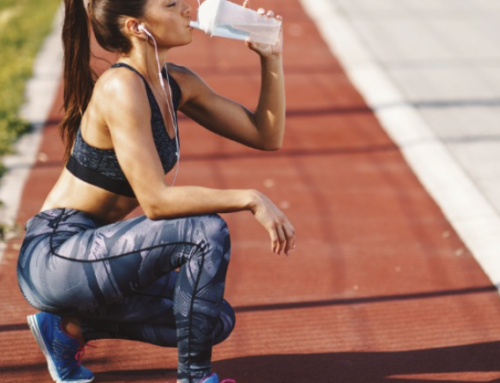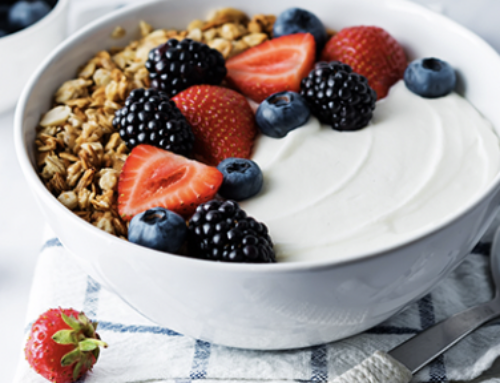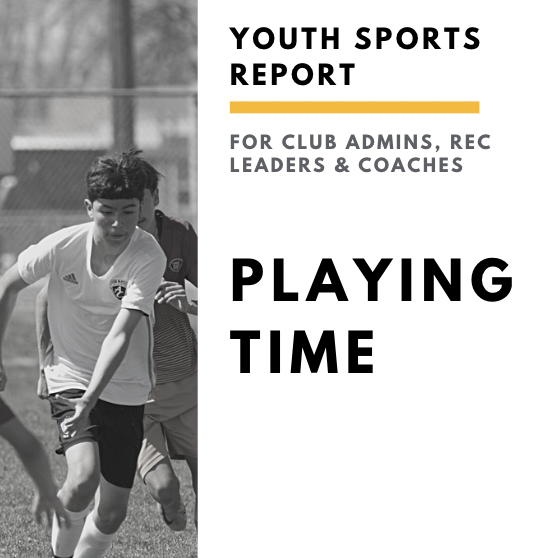Get our exclusive report. Download the iSport360 Club Switching Report Here – For Club Admins, Rec Leaders and Coaches.
What young athletes should eat before and after the game
For young athletes, planning is key to eating the right nutritious foods at the right times, said University of Chicago Medicine Comer Children’s Hospital pediatric gastroenterologist Timothy A. S. Sentongo, MD.
While younger kids who compete in shorter games might not need to pay as much attention to their game-time nutrition, older kids who are serious about their performance should follow these nutrition rules to maximize their athletic abilities.
“If you want to be at the top of your game, you need good hydration, a meal of complex carbohydrates the day before and a high-protein diet after,” Sentongo said. “If you follow those rules, your performance will be better than someone who eats too many sugary and fatty foods.”
Night Before the Game: Carb-load and Avoid New Foods
Starchy foods like pasta, rice and potatoes offer a carbohydrate-rich meal that will provide the right fuel for the next day’s event. Sentongo recommends avoiding new foods that might upset your stomach during the game.
Before the Game: Stay Hydrated and Don’t Eat Fats
Young athletes can stay hydrated by using this easy equation: take their weight (100 lbs.), divide it in half (50 lbs.) and turn that number into ounces (50 oz). That’s how much water they should drink each day. Staying hydrated is especially important the day of the game. “That will help prevent cramps and fatigue,” Sentongo said.
If you need to pack a snack for your child to eat before an after-school game or practice, Sentongo recommends something starchy like crackers, bread or a banana. Anything too fatty, like junk food or milk, is digested slowly and will make athletes feel slow and sluggish. Athletes should also avoid eating too many high-fiber foods, like beans, fruits and vegetables, which are also difficult to digest and can cause stomach problems on the field.
During the Game: Refuel as Needed
Some parents are encouraged to bring snacks for the kids to eat mid-game. While parents often pack sugary treats like granola bars, Sentongo recommends the same starchy foods kids should eat before the game. “Anything too sweet will be rapidly absorbed and expended, and they won’t benefit from it,” he said.
While on the sidelines, athletes should drink both water and sports drinks like Gatorade that have electrolytes and potassium to help them recover. Though some athletes are getting creative with hydration options – pickle juice has grown in popularity in recent years – Sentongo recommends sticking with sports drinks, which have the right combination of salt and sugar that increases absorption of electrolytes in the body.
Post-game: Repair with Protein
After the game, athletes should eat a high-protein meal that contains poultry, meats, fish or legumes. “When you compete, you break down muscle. The protein helps repair it,” Sentongo said.
Though athletes may feel fatigued, Sentongo cautions against overhydrating, which can cause light-headedness and even more fatigue. That’s where sports drinks can come in handy. “You can overhydrate with plain water, but sports drinks will replenish those electrolytes that water dilutes,” he said.
Timothy A. S. Sentongo, MD
Pediatric gastroenterologist Timothy A. S. Sentongo, MD, specializes in chronic disorders that affect growth and nutrition in children, including short bowel syndrome, food intolerances, feeding problems and cystic fibrosis.
For more about iSport360, please click here. For other nutrition posts from iSport360, click here. This article is a repost from Univ of Chicago Medicine.
Learn more or request a demo of our youth sports software that is helping teams improve communication, organization and player development.
November 22, 2021

